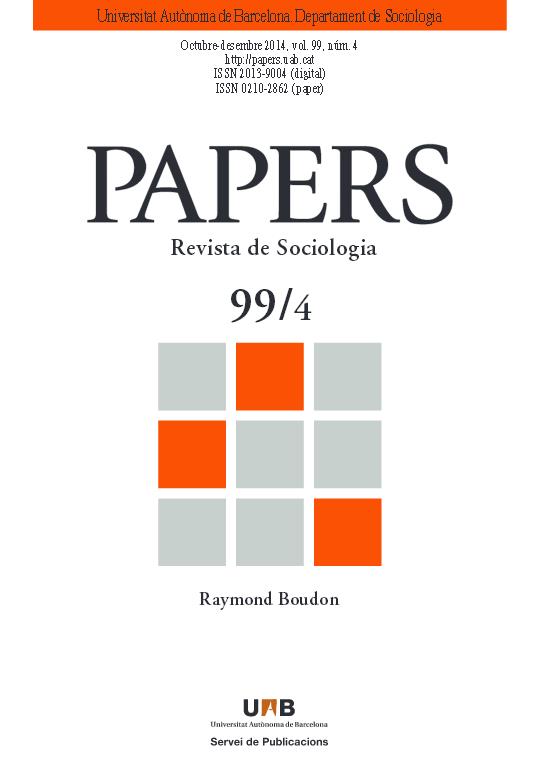The Explanation of Everything. A Critical Assessment of Raymond Boudon’s Theory Explaining Descriptive and Normative Beliefs, Attitudes, Preferences and Behavior
Article Sidebar

Main Article Content
Raymond Boudon proposes a theory that explains attitudes, descriptive and normative beliefs, preferences and behavior, in other words: everything – or at least almost everything – social scientists are interested in. The basic idea is that reasons are a major causal factor, but there are also irrational factors (Boudon’s term) such as affective causes. This is the first paper that provides a detailed critical analysis of this theory. We first identify the major problems of the theory. One is its relatively low explanatory power: it is largely left open how to select the causally relevant reasons and irrational factors for a given explanandum. A second problem is the validity of the theory: is it plausible that a single theory can explain the wide range of phenomena Boudon focuses on? A final question is whether Boudon’s rejection of utility maximization is acceptable.
To answer these questions two social psychological theories are applied to each of the explananda of Boudon’s theory: value expectancy and balance theory. It is shown that the two theories are capable of improving the explanatory power of Boudon’s theory. They further confirm that a single theory can explain the explananda of Boudon’s theory. Finally, both theories imply that Boudon’s rejection of utility maximization is not tenable.